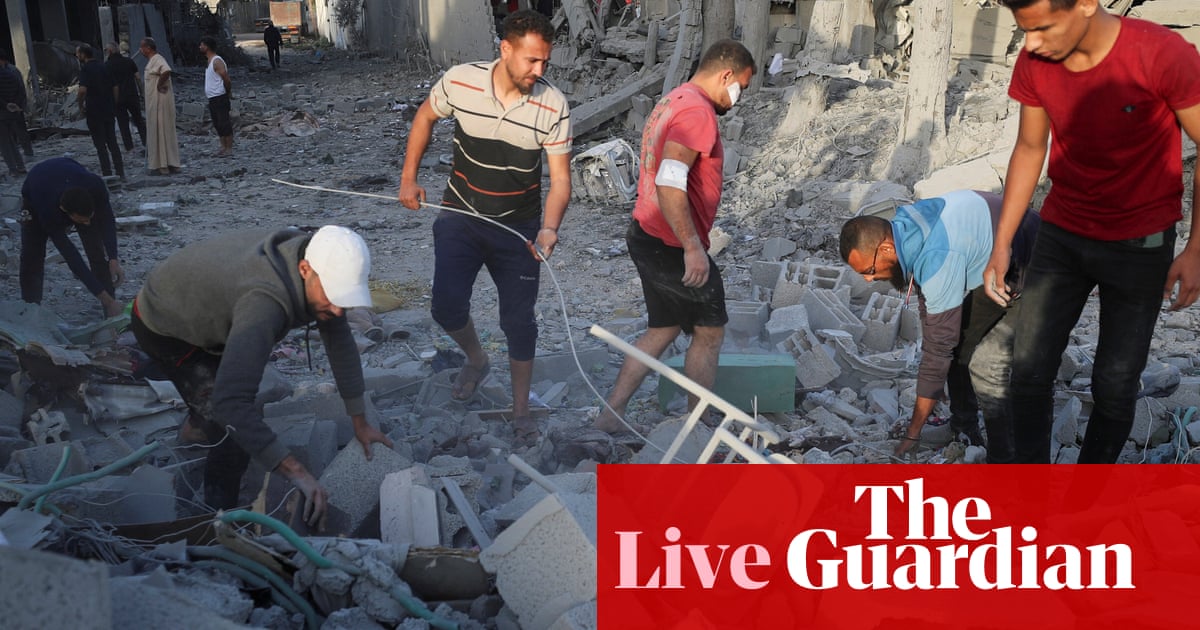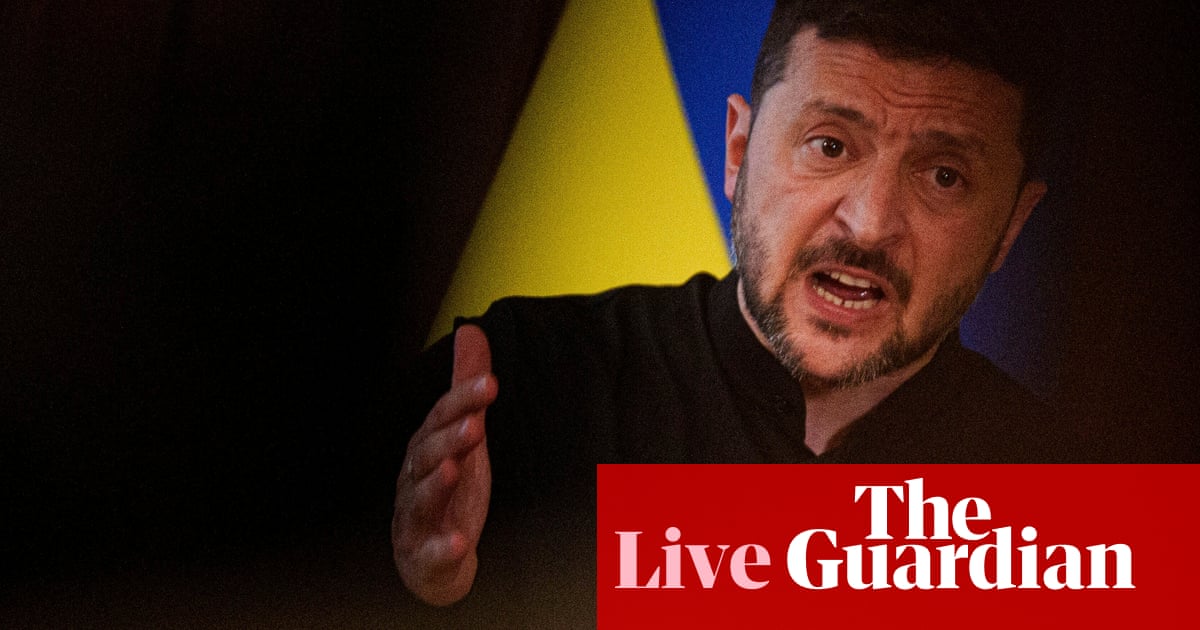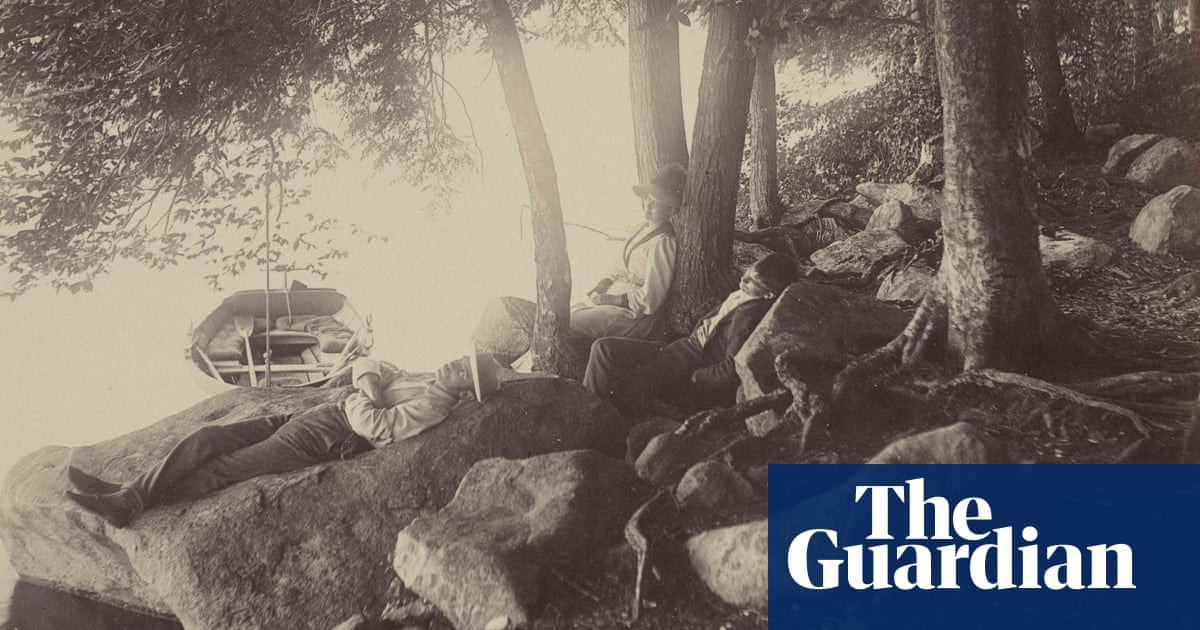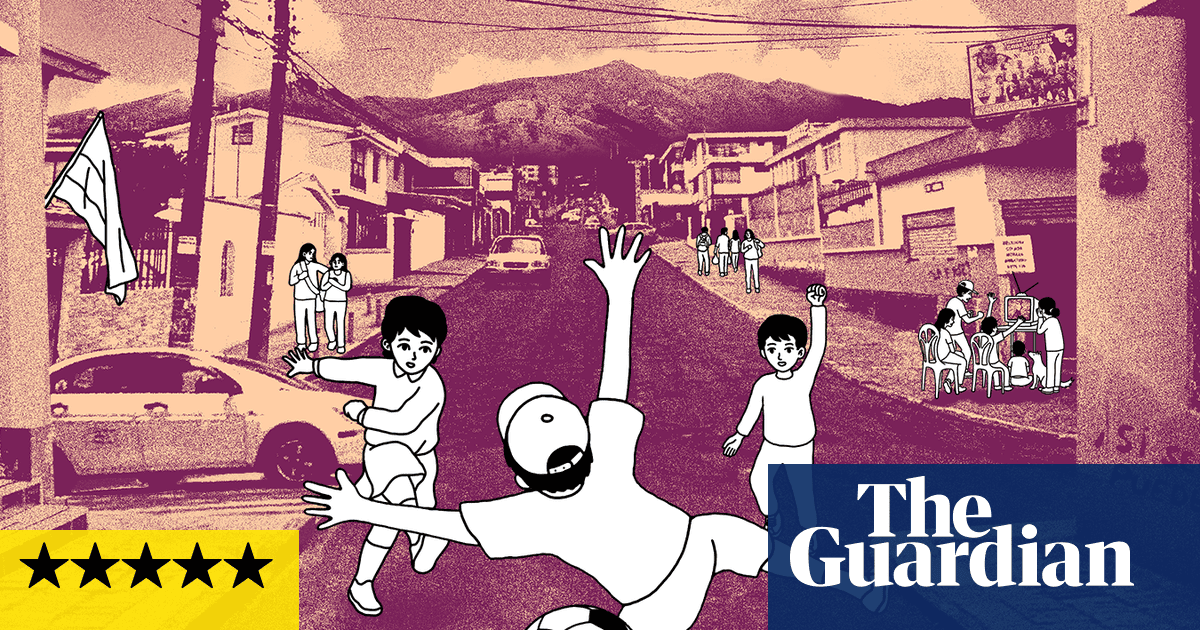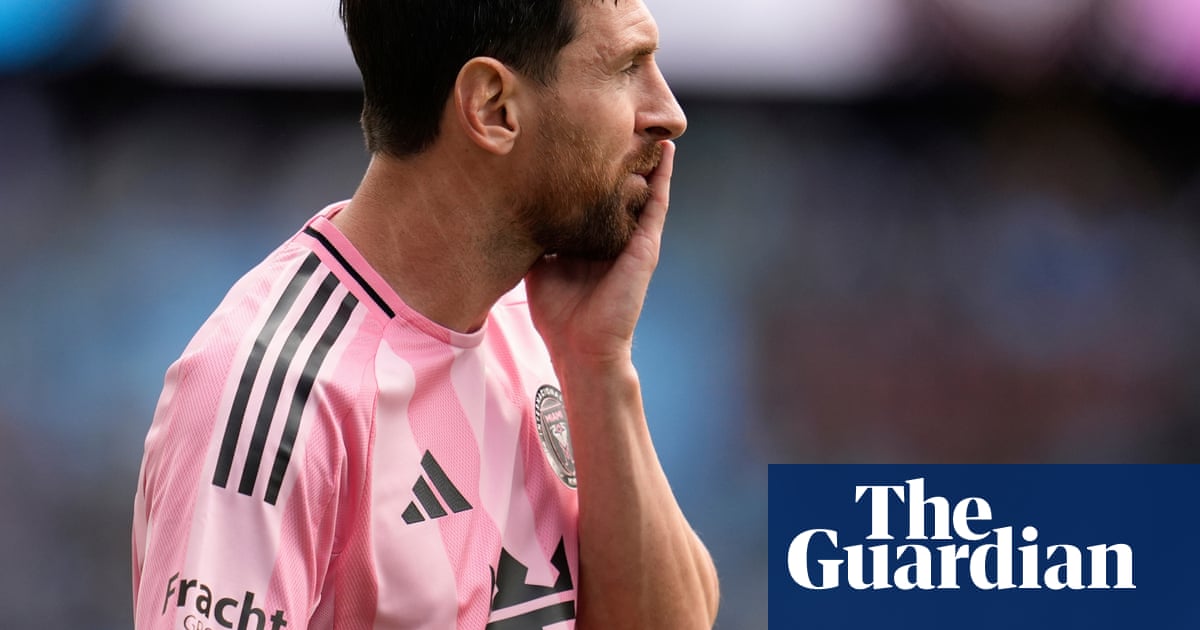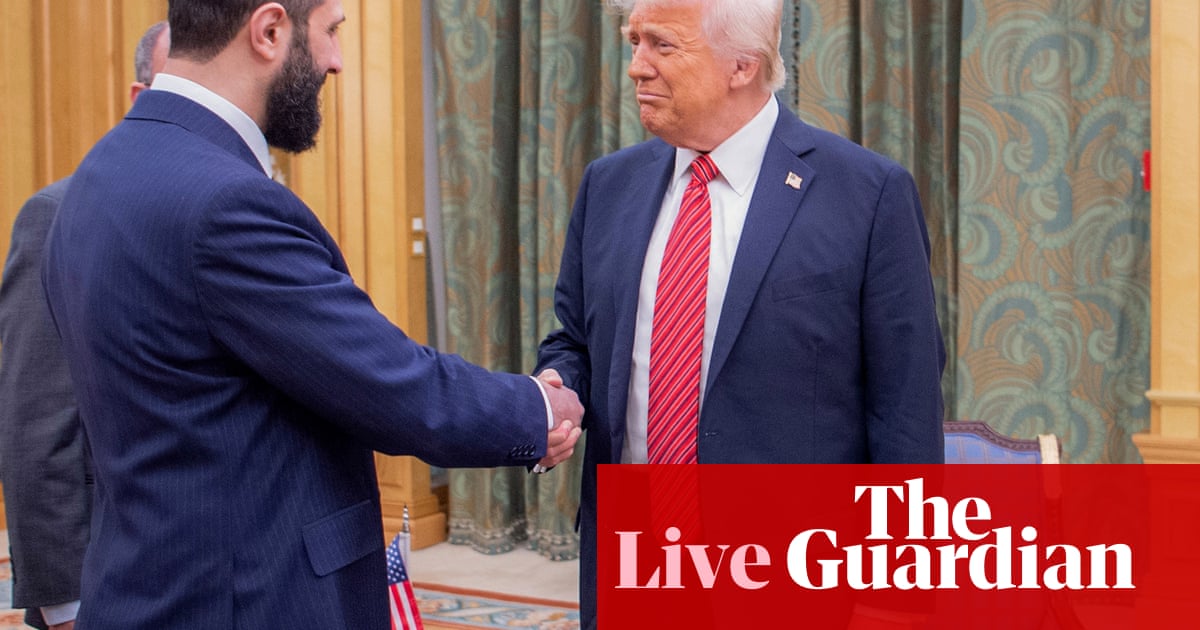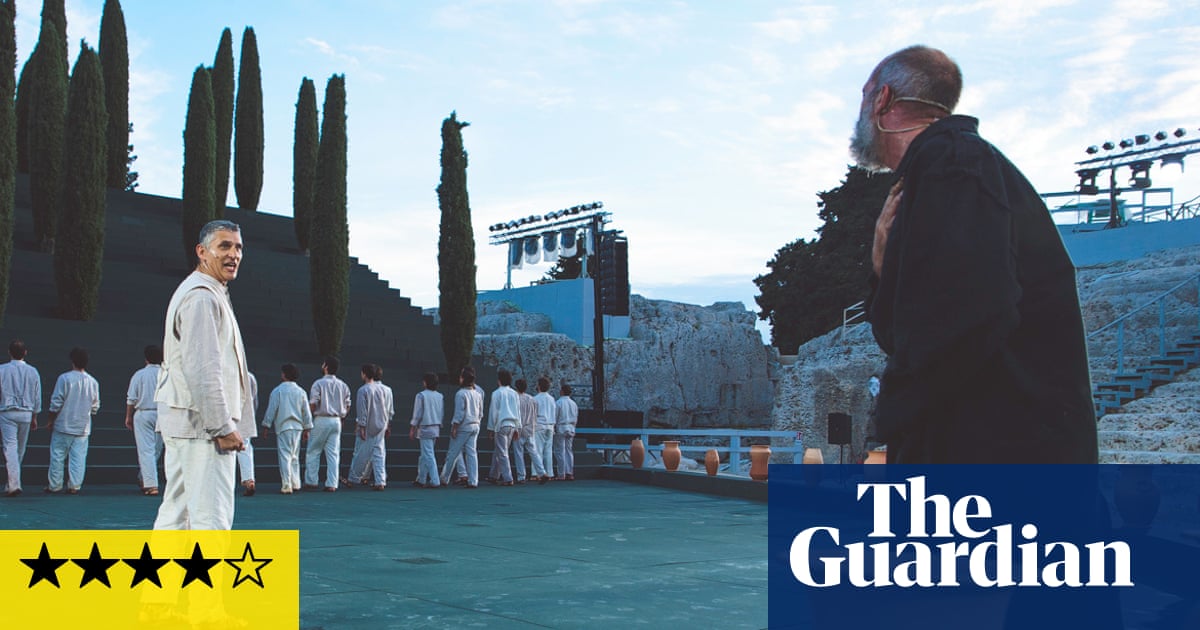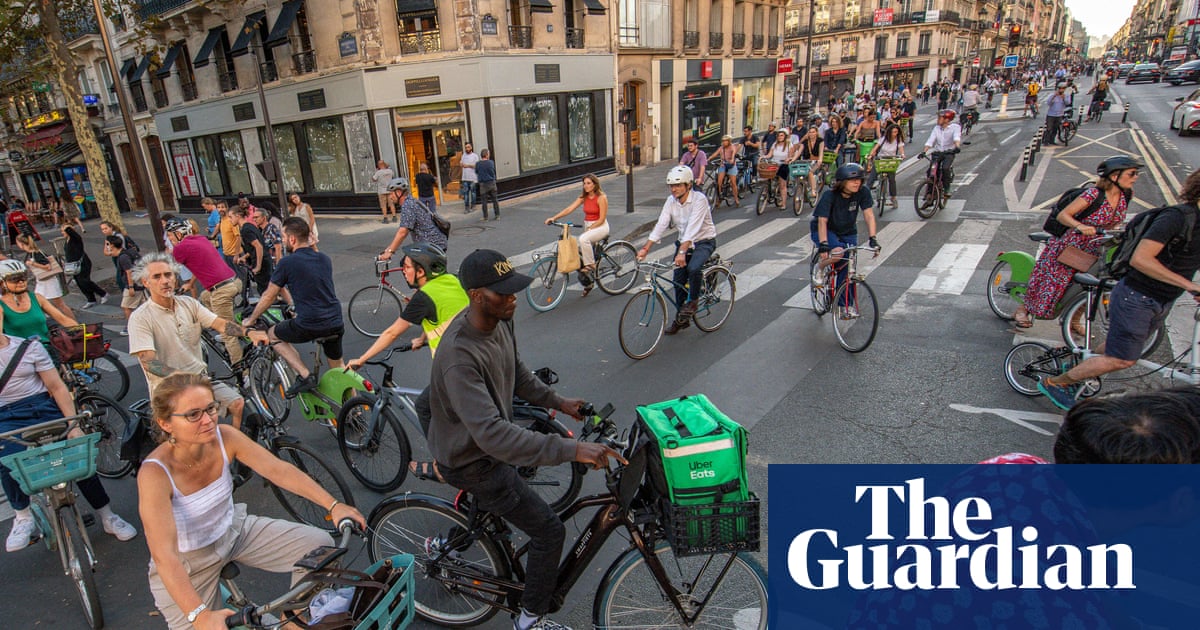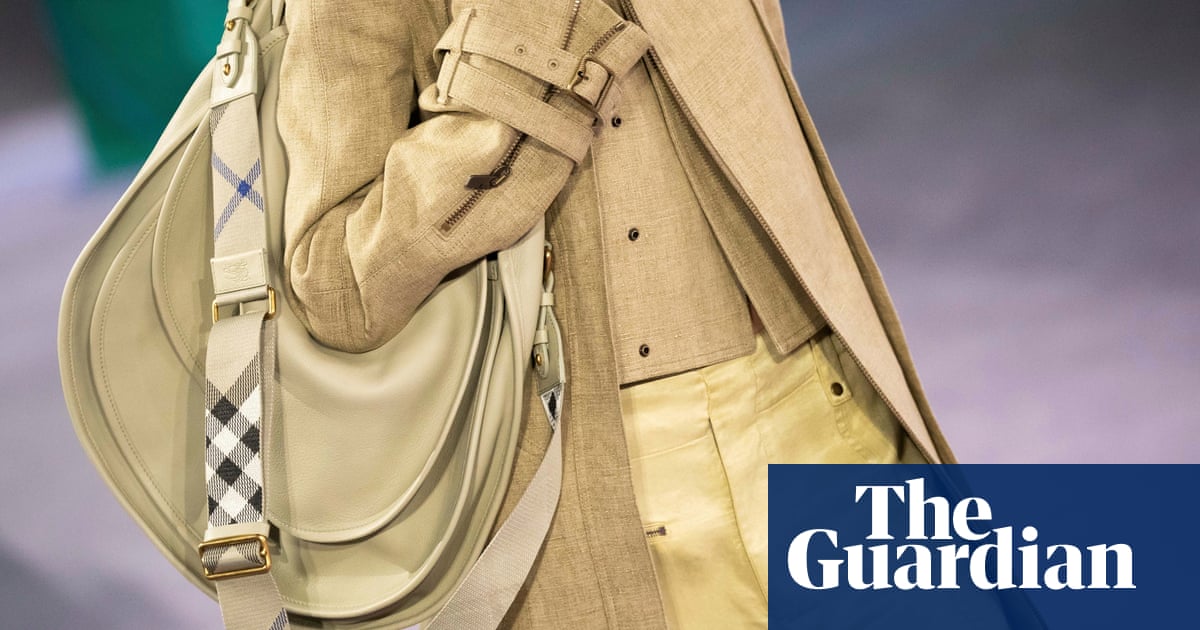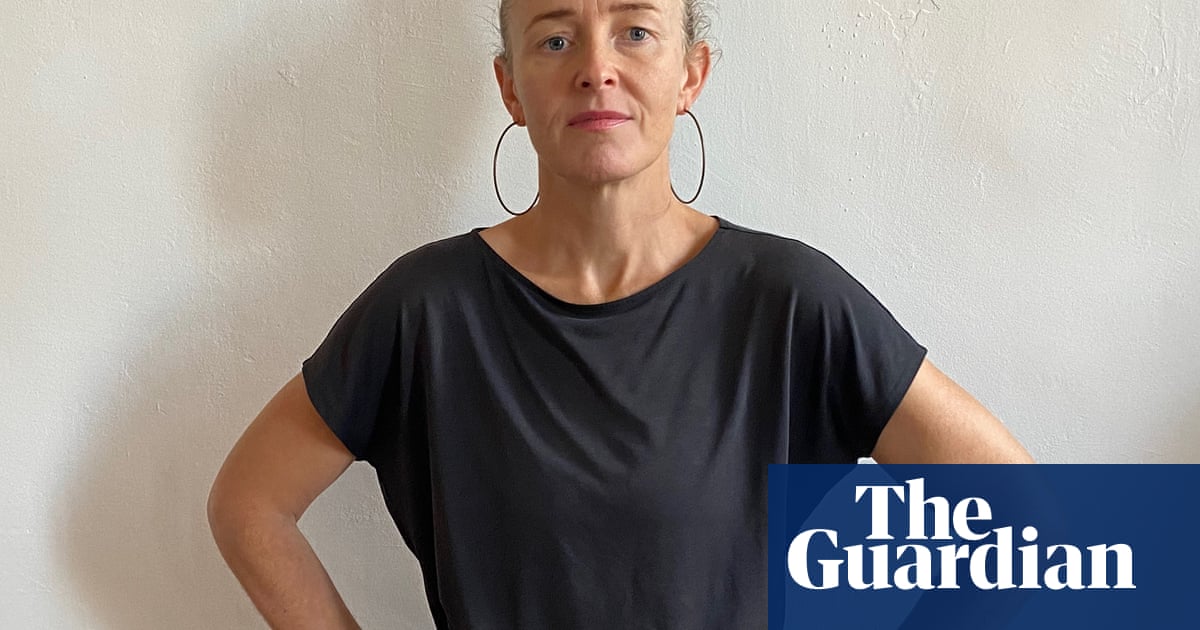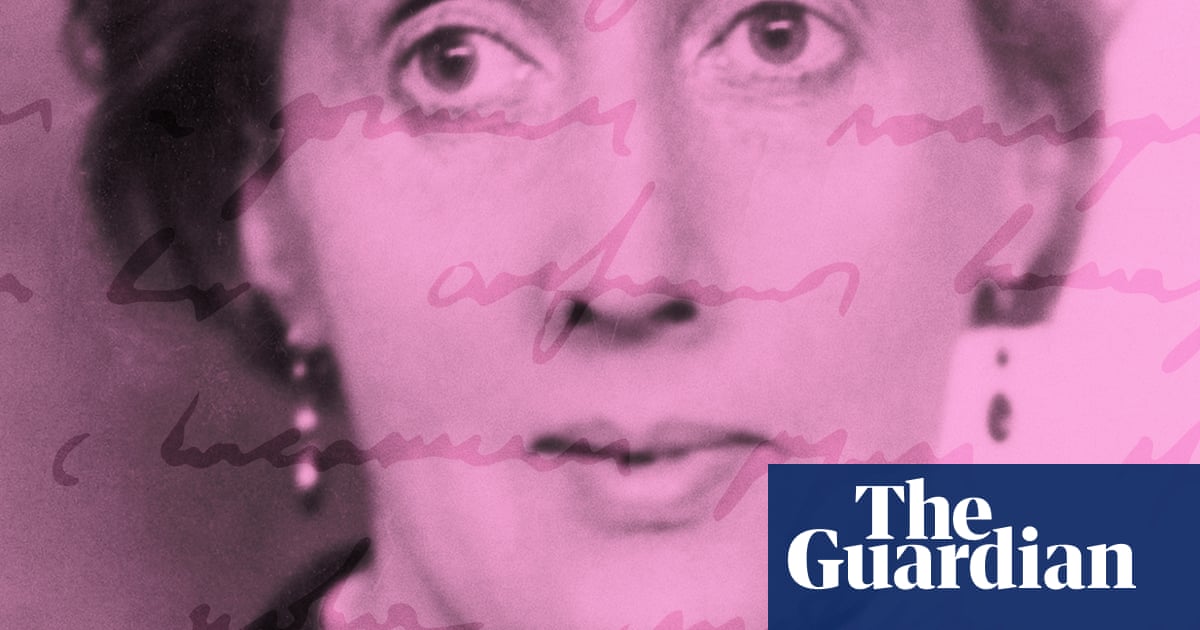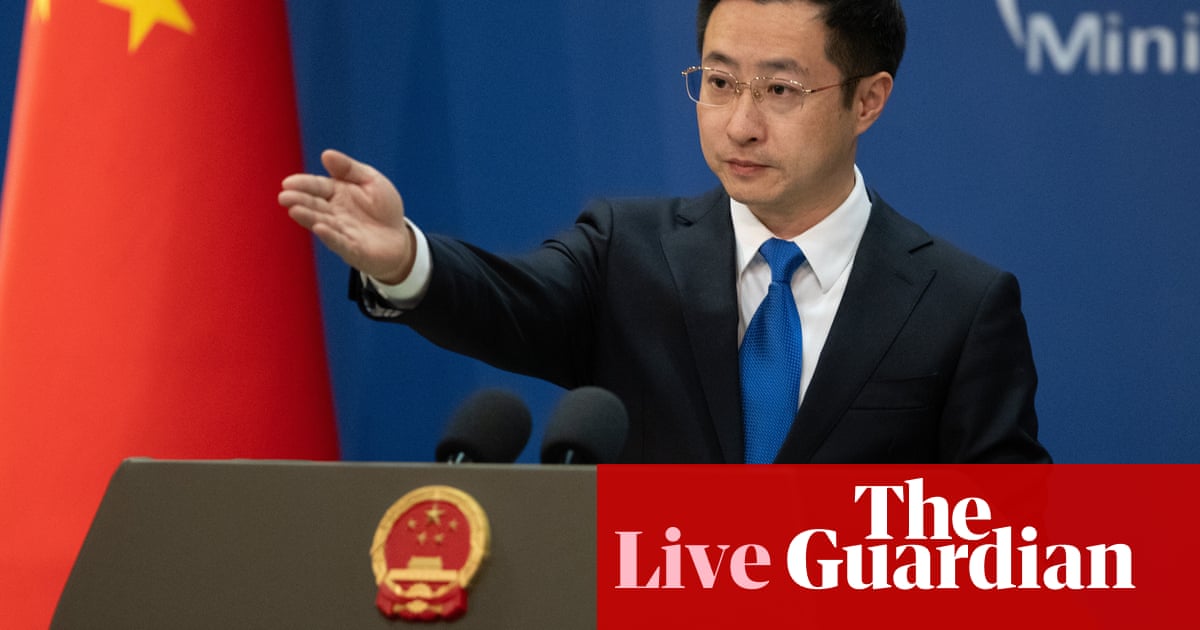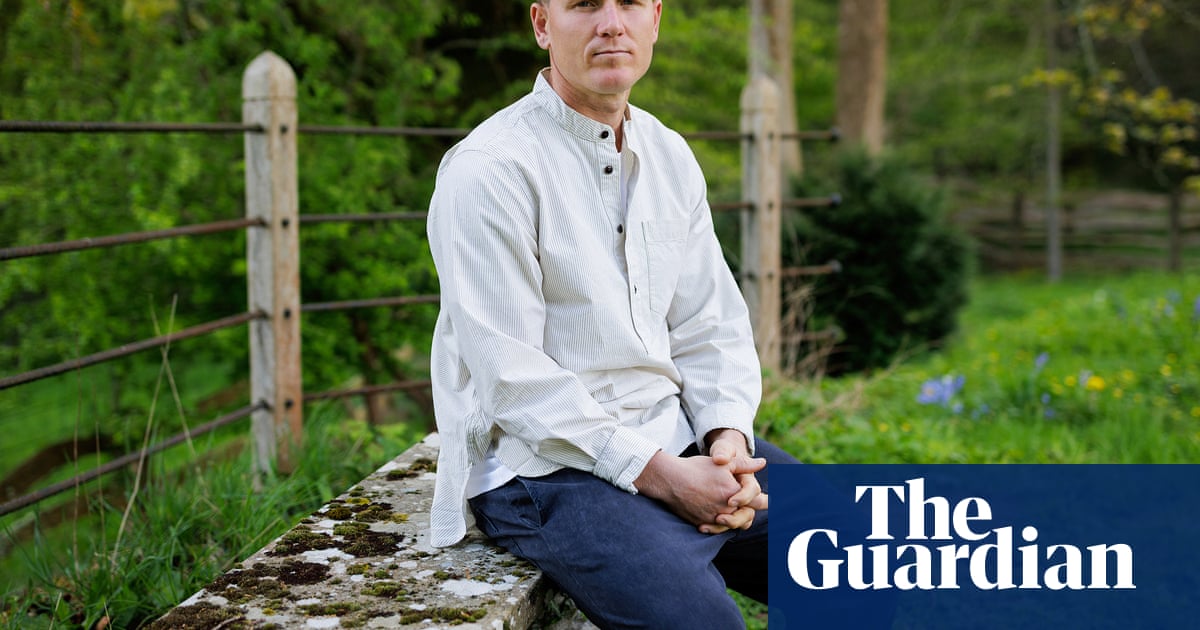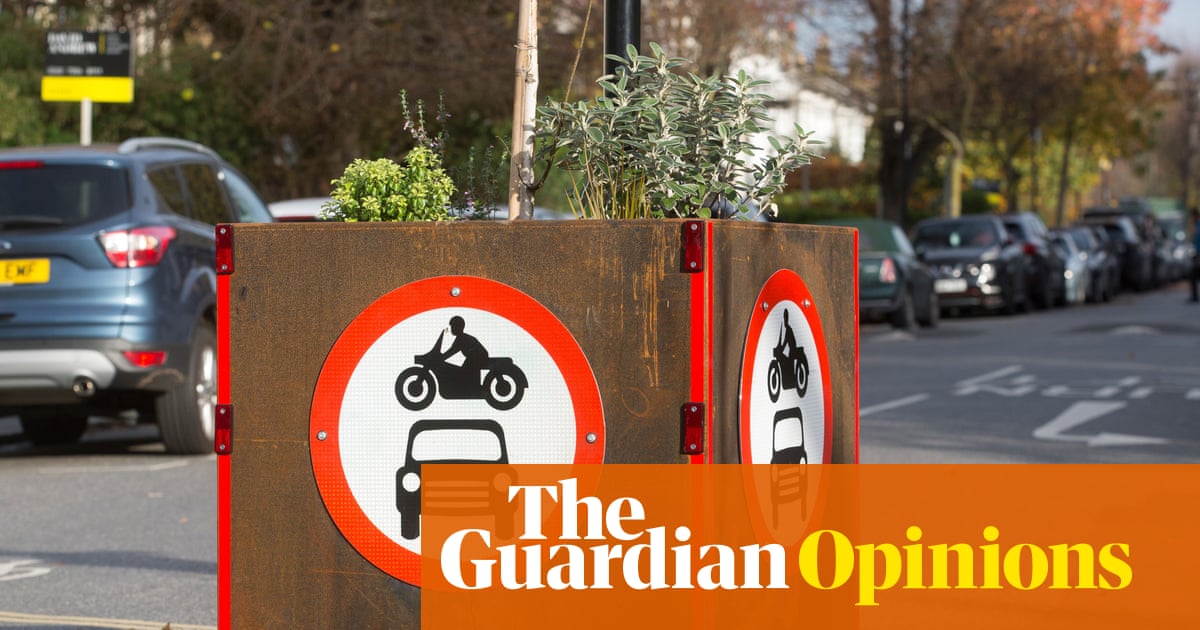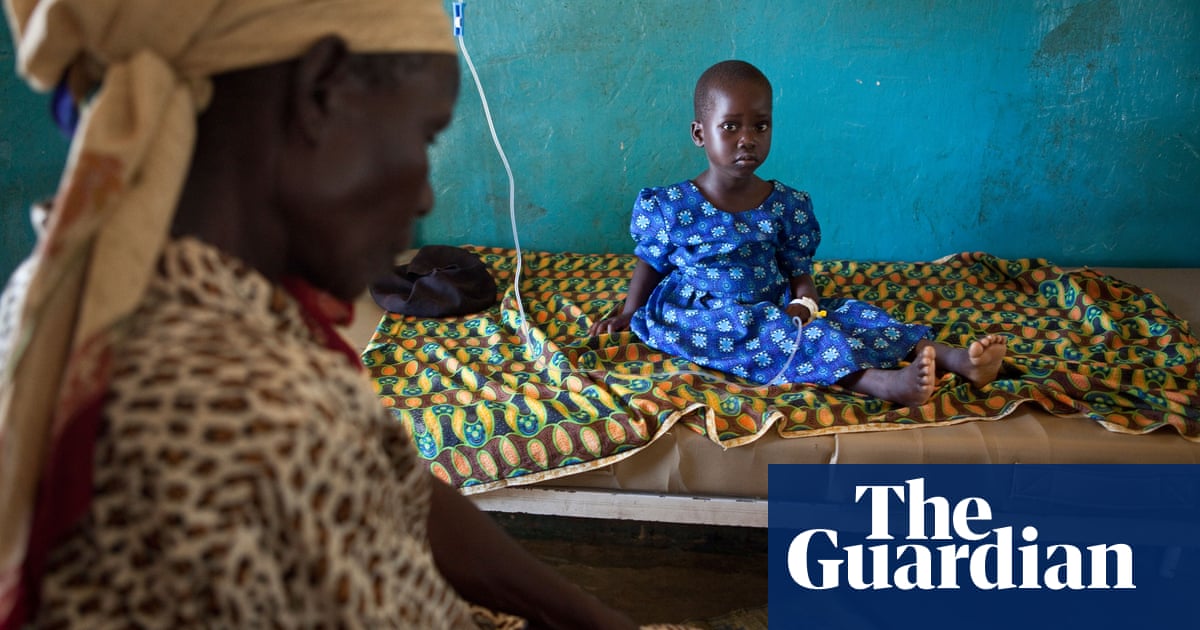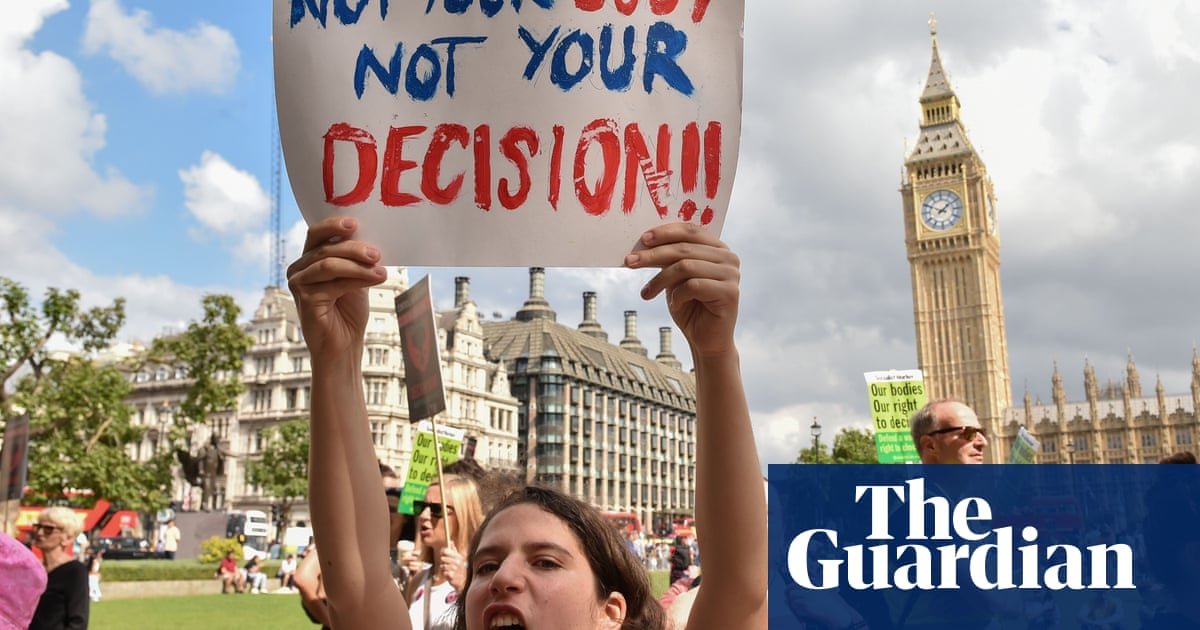My train rolled into Kyiv last week as Russian ballistic missiles and drones hit the city, killing a mother and her son. I had last been in Ukraine just over a year earlier. Back then, in April 2024, the mood was dark. Frustrated by delays in western military aid, people had a palpable fear of escalating Russian territorial gains, perhaps even a collapse of Ukraine’s frontline. Today, the international context is even more fraught. The Biden administration was frustratingly slow and scared, but few doubted that the US wanted to prevent Russia from prevailing. The same cannot be said of Donald Trump, whose ideological affinity with Vladimir Putin has thrown Europe, starting with Ukraine, off balance.
But despite the Trump administration’s betrayals, I found the mood in Kyiv more confident than a year previously. After more than three years of war, Ukrainians are tired, but they are not exhausted. The soldiers, civil society representatives, parliamentarians and government officials I met seemed ever-more determined to stand tall and defend their country.
This confidence stems from the country’s growing military self-sufficiency. Ukraine’s drone industry is impressive in terms of technological edge, adaptability, mass and speed. In production of drones and artillery, Ukraine is strengthening by the day. It has no reason to envy many of its European neighbours, and much to teach them.
And while manpower is a problem, the Ukrainian army, especially its professional units, (tragically) understands war better than forces elsewhere in Europe. Of course, in Kyiv there is realism: nobody thinks that this understanding of war is sufficient to win back lost territory. But while it no longer expects peace through military victory over Russia, nor does it fear defeat as in the past. It is silently recalibrating, seeking a sustainable ceasefire through deterrence.
This doesn’t mean that Ukrainians think they can, or less still want, to go it alone. The sense of having been let down by the US is acute. But in Kyiv there is a deep awareness that Ukraine still needs Washington, particularly in intelligence, surveillance and reconnaissance as well as air defence.
True, the blatant show of warmth between the White House and the Kremlin is unsettling. But Ukrainians also think Putin will continue overshooting with his demands. This is why Volodymyr Zelenskyy called his bluff this week, proposing a face-to-face meeting in Istanbul.
Putin, on the back foot, may pull another diplomatic rabbit out of the hat to gain time, postpone new sanctions and divide the west once again. But it’s becoming increasingly clear, even to the Putin-friendly White House, that Russia doesn’t want to end the war now. This, alongside the minerals deal Ukraine signed with the Trump administration, may have contributed to a subtle repositioning in Washington.
The war in Ukraine could never be ended in 24 hours, as Trump boasted, because it was never a proxy war between the west and Russia, as Russian propaganda claimed and Trump seemed to believe. The war isn’t ending because the only man who can end it – Putin – continues to think he can win. This realisation may not prompt Trump into a U-turn in which he supports Ukraine full-on. But it could shift Washington from a position of active hostility towards Kyiv to one of benign indifference. In this scenario, the US would gradually disengage from the war while still providing or allowing Ukraine to buy in military capacity. And while it is not ideal, Kyiv can cope with a US that benignly steps aside in ways it could not if Washington were to obstruct it.
The other side of the coin is that Ukraine is being progressively integrated into the new European security architecture in the making. On Europe Day, 9 May, the EU’s foreign ministers convened in Lviv. Hours later, the leaders of France, Germany, Poland and the UK arrived in Kyiv, their first joint visit. This was of more than symbolic importance: these states, with the Nordic and Baltic countries, form the kernel not just of the “coalition of the willing” supporting Ukraine, but also of the new European security architecture that is emerging from Russia’s threat and the US’s betrayal.
Their support of Ukraine, diplomatic and military, is critical in exposing to the world, and especially to Washington, that it is Putin and Putin alone who wants the war to continue.
Whatever materialises this week, it is essential that European leaders do not limit themselves to discussing a post-settlement “reassurance force” for a territorially divided Ukraine. This idea was important in sustaining Ukraine when it looked as if Trump had fallen squarely into Putin’s lap. And European governments will have to be ready to reinforce Ukraine’s deterrence in air, sea and land whenever the war winds down.
But the immediate priority is different. A sustainable ceasefire does not look imminent, sadly. Russia might agree to a short-term truce but is unlikely to permanently stop fighting in the months ahead.
after newsletter promotion
Ukraine’s allies therefore must be ready to support it through an ongoing war. This means increasing European military support. It also means contributing to strengthening Ukraine’s defence industry through joint projects with European companies. The broader integration of Ukraine into Europe’s security and defence plans and action is just as important. Ukraine’s battleground experience, born from the tragedy of war, is precious as Europe beefs up its collective defences.
European security passes through Kyiv. Understanding this means leaders of the coalition of the willing will continue to support Ukraine. They know that Russia represents the biggest threat to Europe.
But it’s not a one-way street: as Europeans boost their own defences against Russia, they can only gain from including Ukraine in this effort. Ukraine’s mood is resilient because of growing self-confidence. As the leading European powers continue to stand by Kyiv, they too should become more confident that ushering Ukraine into their joint institutions, industries and societies will only strengthen Europe as a whole.
-
Nathalie Tocci is a Guardian Europe columnist

.png) 6 hours ago
5
6 hours ago
5
